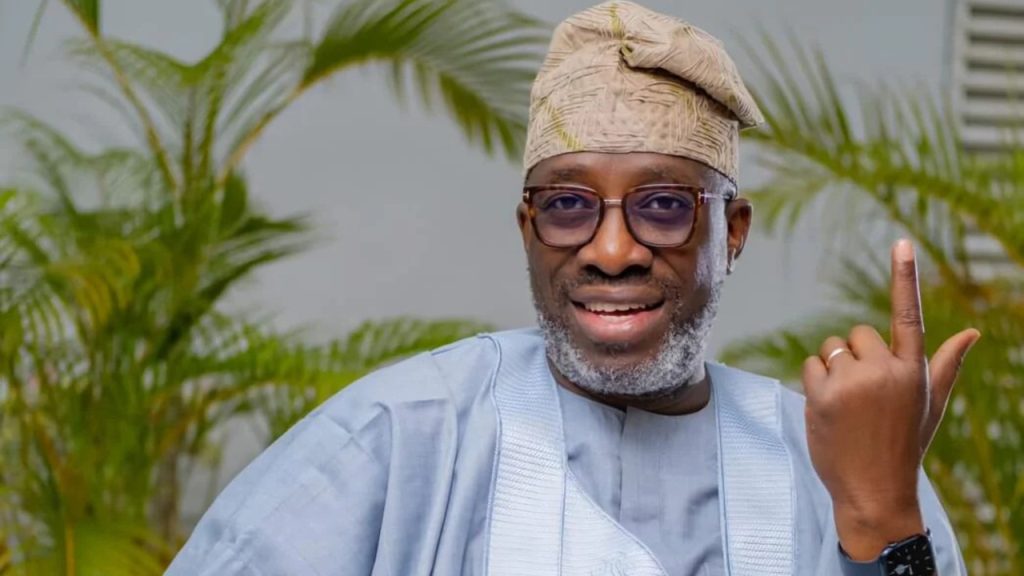In a move poised to elevate Nigeria’s role in the global shea trade, Salid Agriculture Nigeria Limited has inaugurated Africa’s largest shea butter processing facility in Niger State, aiming to address rising international demand while boosting local economic opportunities. The 30,000-metric-tonne plant, located in Kudu within Mokwa Local Government Area, is set to refine raw shea nuts into high-value products, positioning Niger State as a potential leader in the $2.5 billion global shea industry.
Governor Mohammed Umaru Bago, who commissioned the facility, framed the project as transformative for the region. “This marks a shift toward leveraging our natural resources to drive inclusive growth,” he said, referencing Niger State’s allocation of 10,000 hectares for shea tree cultivation to ensure stable raw material streams. A N2 billion ($1.3 million) partnership between the state-owned Niger Foods and Salid Agriculture will prioritize employment for women and youth in harvesting and supply chains, capitalizing on Nigeria’s status as the world’s top shea nut producer, responsible for 60% of global output.
Salid Agriculture CEO Ali Saidu outlined ambitions to scale operations to 400 metric tonnes daily while establishing an advanced refinery. The company is collaborating with German development agency GIZ and the UK’s DFID under the PROPCOM MAIKAIFI initiative to organize women shea collectors into cooperatives, aiming to formalize labor structures and improve livelihoods. “Our vision combines sustainability with community empowerment,” Saidu emphasized, noting commitments to biodiversity preservation and land stewardship.
Supporting the project, NEXIM Bank CEO Abba Bello highlighted its role in addressing Nigeria’s historic lack of large-scale processing infrastructure despite its dominance in raw production. He revealed plans for four additional plants nationwide to further integrate value chains. Salid executives also spotlighted corporate social initiatives, including rural electrification, girls’ education programs, and environmental safeguards.
While traditional leader Etsu Nupe Yahaya Abubakar praised the project’s economic promise, he urged caution against deforestation, reflecting broader tensions between industrial growth and ecological preservation. The facility’s success may hinge on balancing these priorities as Niger State seeks to translate agricultural potential into lasting prosperity.



